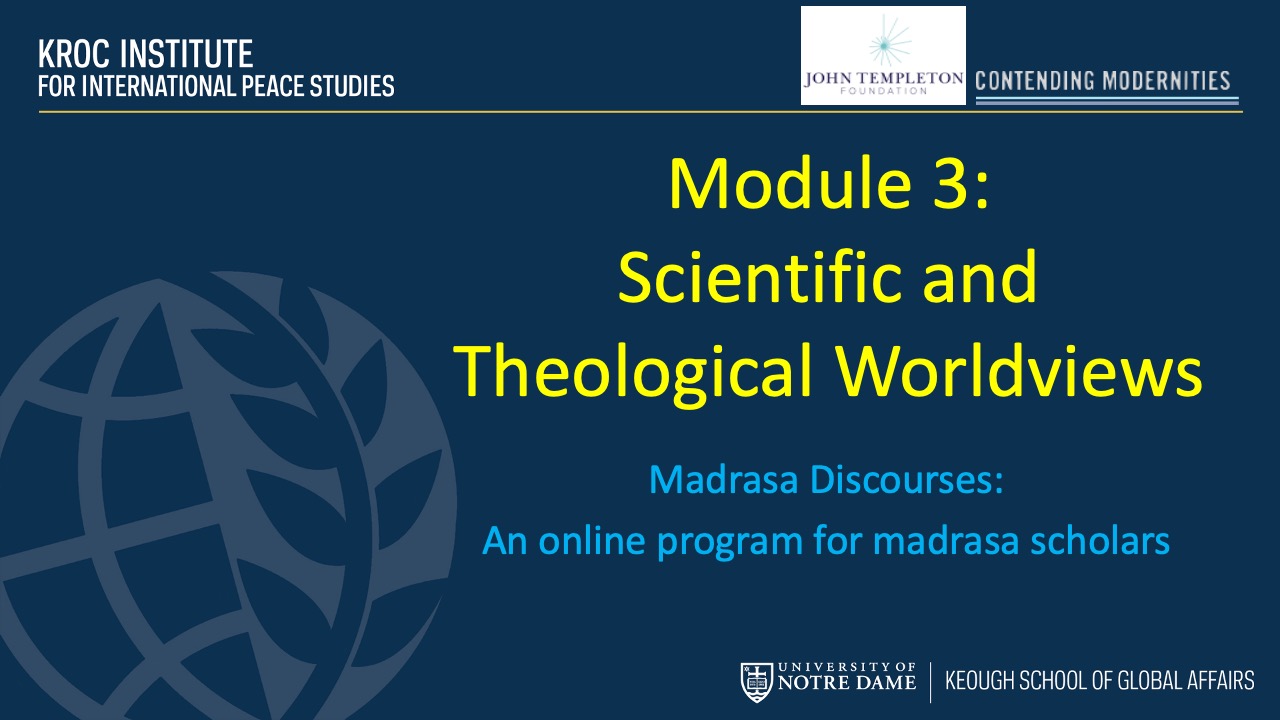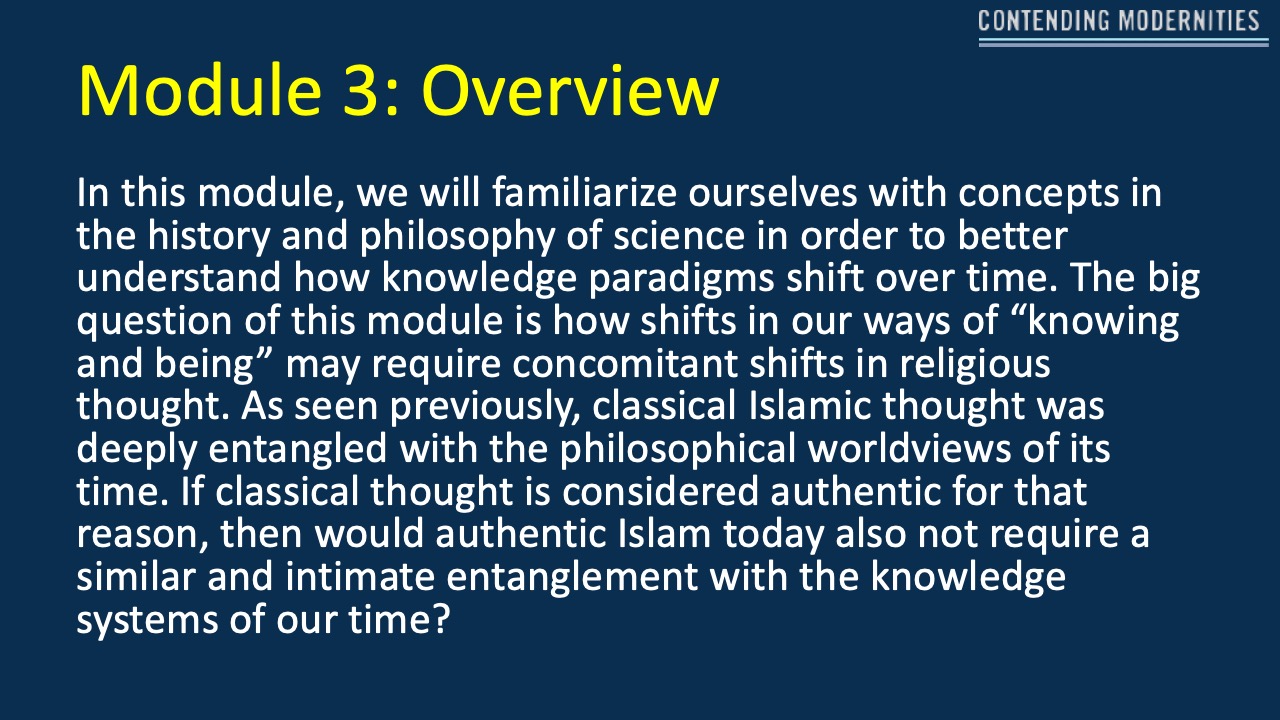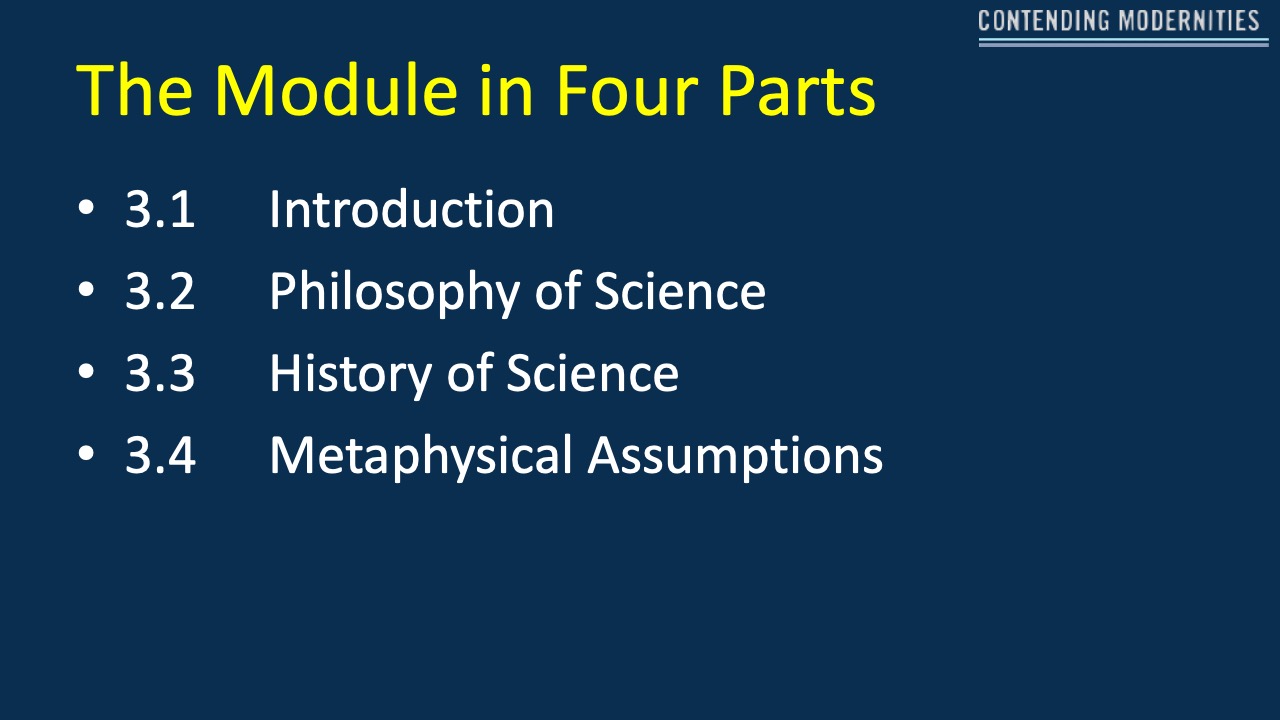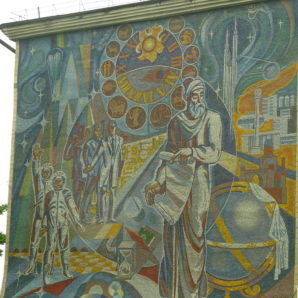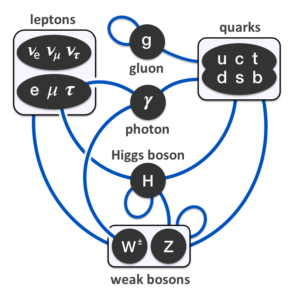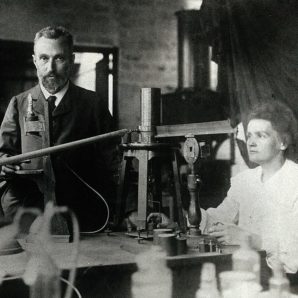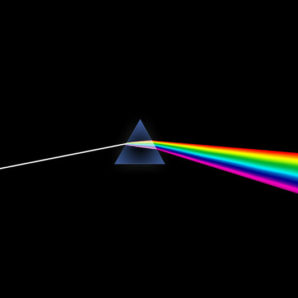This module introduces students to the history and philosophy of science with two specific aims: 1) to provide a historical perspective on the history of human thought and the changing paradigms of scientific reason from ancient to modern times; and 2) to provide conceptual tools to better understand and also address contemporary theological challenges.
Key questions that the module addresses are:
- If there is no such thing as certain knowledge in science, then why rely on reason at all when we have revelation, which gives us certain knowledge?
- How can theology progress in the context of a scientific worldview that relies on methodological naturalism?
- How does tradition maintain its integrity when the fundamental intuitions about the nature of reality that have guided our reason in the past may no longer hold true?
This module utilizes a series of lectures and readings by Dr. Hakob Barseghyan, an assistant professor at the University of Toronto, for an online course on scientific worldviews. We highly recommend you explore the full course of lectures here, but they are not required for this curriculum.
We invite students and professors to review the texts we used for the original, in person, course, in addition to the learning materials we propose for each online class section. Many, like Sophie’s World referenced above in the video, are not open-access. Click here to view an excerpt from a project essay with a list of texts used as supplementary reading in the original course, but that do not appear on this site.
Thumbnail: A Mother’s Love. Photo Credit: Lυвαιв, 2010. CC BY-NC-SA 2.0.
MODULES
3.1 Introduction
Is the method of science rational, universal, and unchangeable? We begin our investigation of these questions with some essential concepts in the philosophy of science. (St. Blaize/"Mural")
Read More ⟶3.2 The Philosophy of Science
The main questions in the philosophy of science deal with the nature of knowledge and truth, the idea of progress, the scientific method, the laws of scientific change, and... (Eric Drexler/"Standard Model")
Read More ⟶3.3 The History of Science
The main questions in the history of science deal with the specific scientific theories, discoveries, and experiments at particular moments in history... (Wikimedia/"Pierre and Marie Curie")
Read More ⟶3.4 Metaphysical Assumptions
What assumptions about the nature of space, time, the mind and matter undergird the scientific consensus today? (Ivan T/"Призма")
Read More ⟶


